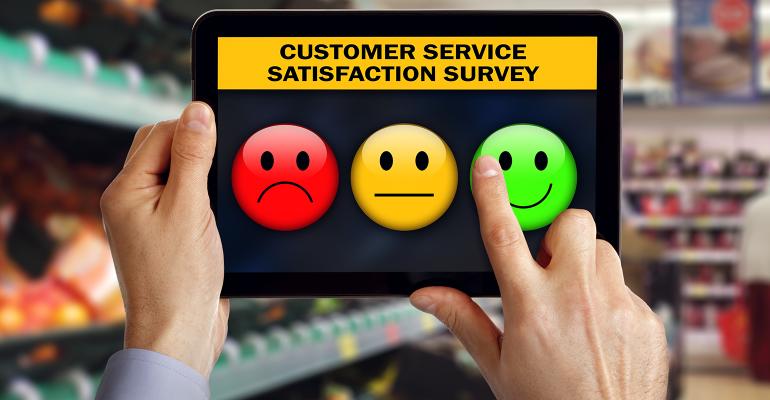Reputation management is important in any business, but even more so in the 21st-century world of social media, where a negative comment can ruin a company’s image in a matter of days or even a few hours. Many shoppers love social media sites and use them on a daily basis. Thus, awareness of these sites and frequent monitoring are critical in managing your reputation. It is now a fundamental marketing strategy and not an option.
Even if you haven’t created any social media profiles, there’s a good chance someone has written a review of your business on services like Yelp — positive or negative. Yelp is a site where users share their opinions and thoughts on businesses and products. Users visit the site before going to dinner, shopping for products, or using a service. In fact, 90% of Yelp users make purchase decisions based on positive reviews from people they don’t even know.
Negative reviews on Yelp minimize your opportunity to engage with customers and hamper your traditional marketing efforts. On Yelp, you are rated by “stars.” The more stars, the more noteworthy your recognition. A 2011 Harvard Business School study by Michael Luca found that each star generates about 5% to 9% increase in revenues. Great experiences for the shopper equals great reviews, which may boost traffic, sales and profits.
Respond to all of your reviews, positive or negative. Some examples of online reviews and retailer responses are detailed in Reputation Management Matters, a new original research white paper from IDDBA available now for download to IDDBA members at iddba.org.
In one example, a customer commented they were “stunned by the new owner’s aloof, and blasé service.” The owner was defensive and replied with, “Not so sure blasé is a term I would use for us. How was I unimpressed or uncaring?” It is key to stay positive, be polite and be sincere. No defensiveness allowed! Give yourself the opportunity to acknowledge their complaint, apologize and correct the situation. Polite sincerity will at least give you a chance to win them back.
In another example, a customer complained, “No cookies, sold out. Nothing to sell. I will not be back.” The owner took a different approach and apologized for the issue with a simple and straightforward message: “Thanks for shopping! Let me apologize. We bought a second oven. We hope you will give us another chance.” This is the best way to respond to a negative review — treat it as an opportunity for you to try to win back unhappy past customers, while showing future ones you care about customer service.
Online reputation is actually the latest, hot form of marketing, since a well-composed response can actually turn people onto your business. The way you represent yourself in review responses is a reflection of your values, hospitality and authenticity. Making an effort to represent yourself and your business well can only help to build your traffic.
Social media may seem overwhelming. After all, you already have a business to run, right? But in today’s world, social media IS marketing. It cannot be overlooked. It is where your shoppers are. You need to be there, too.
Do you have any stories to share about how a good response to customer criticism lead to a positive outcome? Do you know of any businesses doing an extraordinary job with online commentary?





